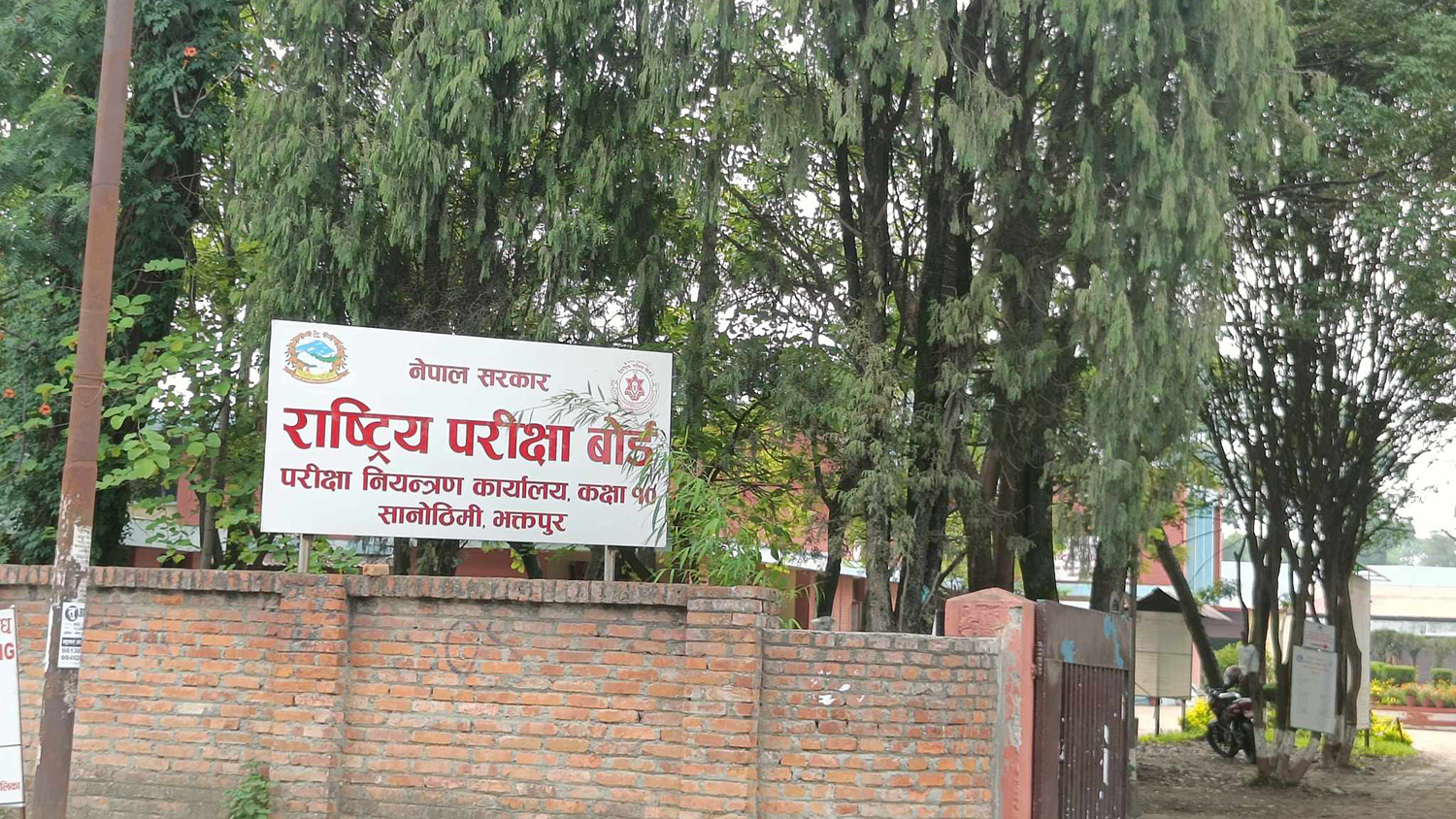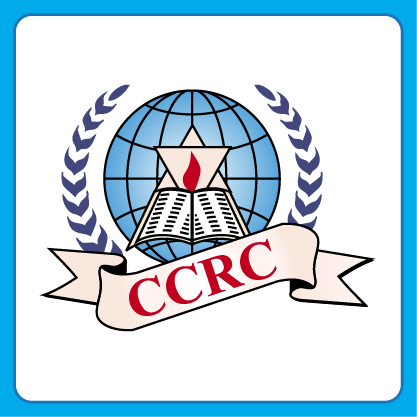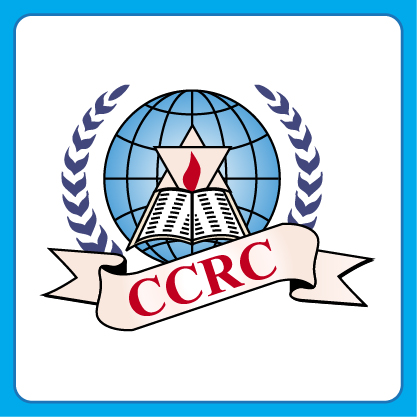Modi's oath and Dahal's statement
We use Google Cloud Translation Services. Google requires we provide the following disclaimer relating to use of this service:
This service may contain translations powered by Google. Google disclaims all warranties related to the translations, expressed or implied, including any warranties of accuracy, reliability, and any implied warranties of merchantability, fitness for a particular purpose, and noninfringement.


Our Prime Minister Pushpa Kamal Dahal has returned home after participating in the swearing-in ceremony of Narendra Modi, who was elected as the Prime Minister of India for the third time. In short, he made some high-level appointments. Here an attempt has been made to make some references that Dahal said to his Indian counterpart Modi.



Invited countries and message
In the swearing-in ceremony, apart from Pakistan and Afghanistan, SAARC countries Sri Lanka, Bangladesh, Bhutan, Maldives and Nepal's government/head of state participated, while the leaders of countries like Myanmar and China were not seen. Apart from neighboring countries, the participation of top leaders from Mauritius and Seychelles showed the deep cultural ties with India. Looking at the majority of SAARC members, it can also be understood that Modi is not giving the message that he is reconsidering the situation of SAARC inaction and taking it to the agenda of renaissance.
In November 2016, the scheduled summit, which was stopped after the terrorist attack on the camp of the Indian army in Kashmir and the protests of India saying "Pakistan's involvement", has not been held till today. Nepal should have handed over the chairmanship to Pakistan, but it has not yet done so. That is why Prime Minister Dahal brought up the issue of awakening SAARC in his secret meeting with Modi in the media.
There is a debate on whether or not Modi, who got much weaker public opinion than expected and reached the last stage of politics, should have been sworn in or not. In India, which is considered to be the largest democracy in the world, the tradition of welcoming and supporting every election result through democratic practice has been embraced by the neighborhood and especially the democratic neighborhood. It also helps in discouraging undemocratic forces and preventing the weakening of democracy in countries like India. Therefore, there are those who say that the solidarity shown by the neighbors by going to Delhi is more in favor of democratization and strengthening of democratic India and South Asia as a whole than in favor of Modi. If South Asia makes it a political culture, regionalism will be enhanced.
Although the situation in Afghanistan, where the Taliban government has not been recognized, is incomparable to others, the question of how to deal with the situation in the future when Pakistan, another neighbor and SAARC member, which recently came to power through elections, is left out of this situation is a complicated question. Since the beginning, the SAARC organization, which is dominated by small neighboring countries who consider themselves insecure and oppressed by India, will automatically ally against it and be in favor of Pakistan.
A vibrant and active SAARC is far from visible, as the psychology of lifelong enmity between the big two remains alive in the consensus-driven organization. At least if the participation of all democratic governments, including India, can be regularized in the regular election process and oath-taking in SAARC countries, the atmosphere can be created in favor of regional unity.
ambassador's return and high-level visit
Prime Minister Dahal's statement that he did not pay attention to the decision to suddenly withdraw India's ambassador and make the government without a representative is unacceptable. The counter question to his answer is that he decided to recall ambassadors from countries including India from the same meeting of the Council of Ministers and go to participate in Modi's swearing-in - how could this be just a coincidence? If this is true, another question arises - how serious and sensitive are the entire cabinet, departmental ministers and the chief secretary himself towards these conflicting decisions?
With that decision, the position and role of the Prime Minister himself was weakened, and the ambassador was not comfortable. The message did not go well. However, no matter how polite diplomacy and protocol gossip, it seems that Nepali leaders have made a collective promise that they will never deviate from their interest in meeting foreigners alone. In this situation, it can be questioned why an ambassador is needed when they themselves are seen as characters who want/can play the role of the head of the government and the head of the delegation. However, this time, the reference to Prime Minister Dahal's visit to India with and in coordination with the ambassador, who has lost trust and legitimacy by recalling the government itself, should be considered a 'diplomatic blunder'.
The rhythm of the alliance
Dahal's context of 'gathbandhan' brought out through the media is weak. First of all, he opined that 'India has now joined the alliance'. If Dahal thinks that India also joined the coalition because his party came to the government without being in the majority, that would seem natural to those ignorant of Indian parliamentary politics and history, but it is not a statement expected from a responsible prime minister. India's experience of coalition in democracy was done by Morarji Desai's government in 1977.
After 1979, Charan Singh, BP Singh, Chandrashekhar, HD Debegowda, IK Gujral, Atal Vihari Bajpayee are all Prime Ministers who have led the government in coalition. In 1996, when Bajpayee's minority government fell within 13 days, he institutionalized such politics by creating a common platform or National Democratic Alliance (NDA) of parties with similar agendas led by the BJP. In its place, the then Congress supremo Sonia Gandhi led the United Progressive Alliance (UPA).
All subsequent governments, whether it is the UPA government that spent two full terms under the leadership of Manmohan Singh or the Modi government for the last 10 years of the BJP majority, are running in the name of the coalition. It was alleged that Modi stopped giving so much importance to the pro-government coalition party after coming to the second term. Therefore, India has not joined the alliance now or is about to join. It has been in this state for at least 34 years. Meanwhile, India has also succeeded in developing some exemplary aspects of alliance culture. Lessons and reflections of the
alliance It is too late to create a political culture by the alliance of Nepalese character, which has been formed, disbanded and reorganized in such a way as to discredit the global culture of the
alliance. The Indian experience says that the party in the coalition should build a political culture and culture rather than a personal one. In the beginning, there was a trend for small parties to claim the prime minister, even without being a large front party like in present day Nepal. However, the UPA did not only instill the tradition of the leader of a large party of the front becoming the prime minister, but showed it by leading the government for two full terms. In 10 years there, leaders of other parties participating in the government have never been heard to be ambitious and use the language of 'Natra' to try to become the Prime Minister.
This time too, Chandrababu Naidu and Nitish Kumar, who are in the BJP-led coalition, had every opportunity to become intolerant towards Modi and for that want to lead the government. However, they valued the public opinion and, being the largest party of their group in the Parliament, did not hesitate to form a BJP-led government. Political culture cannot be built by moving forward only on the basis of technical aspects like the arithmetic of Parliament. Such inconsistency can sometimes work in favor of the tikdam. It can change the sense, commentary and future of politics as a whole.
In Nepal, the third party with a wide margin of votes is in the leadership today. It is being pretended that the first and second parties are the deciding factor of the game to bring or remove them from the government. On the other hand, those who are first and second with relatively heavy public opinion have reached the ruling party or the opposition in a moment like the players of the musical chairs in the power game of the third party.
Maoists are taking advantage of the weakness of Congress and UML, who are greedy to see if they can stay in the government forever, by leading the government and pitting them against each other. However, Nepali democracy is losing people's expectations and trust day by day due to the debates and outrages going on at the civil level regarding these practices as 'an ugly mockery of the parliamentary system'. The Prime Minister himself is aware of this momentarily, which is confirmed by his occasional outbursts. This realization can be considered reflected once again in Serofero's visit to Delhi.
system or political culture?
Dahal, who has been in the limelight for saying something or the other, used the twine of 'gathbandhan' when he tried to link the Modi government to the Nepali context this time. But his statement that 'because of the electoral system we are in the alliance' cannot be considered rational and justified by itself. The 'alternative' to the system that he tried to quote, which is thought to be easy to get a majority and is adopted by Nepal today, is a country that has an election system that wins by getting more votes than others, just like India itself. In the last 35 years in India, apart from Modi's two terms, there was a parliament without a majority for 25 years. It seems that political parties have been moving towards developing a coalition culture for three decades.
Forgetting this reality and remaining in the same electoral system, quoting the Nepali electoral system in front of Modi who failed to get a majority this time can mean many things. Among the major parties that adopted this system adopted to ensure proportional participation of marginalized groups, the leadership of Maoist is now agreeing with the regressive opinion that wants to change the electoral system under this pretext? The question arises as to what is the context of matching .
Majority is possible in this system too, but for that you have to win the trust of the people. Another comment made by the leaders is the majority in the parliament and the expected political stability. Let's take a look at the previous one-party majority parliaments of Nepal, once they were pressed that there is no majority in the parliament, it does not give political stability. The experience of the Congress-led government formed in 2048 under the constitution of 2047 has become a little old, it cannot be forgotten. The split and disintegration of the government formed under this constitution with the majority of the CPN and the support of two-thirds of the parliament is fresh. Experience says that even the parliament with a one-party majority has been repeatedly dissolved. It is our experience that no government formed under the first-come-first-served electoral system has completed its term. A
alliance is a refined form of democracy, which suggests moving forward by working together in groups. If Prime Minister Dahal wants to learn from this, as he said, instead of blaming the electoral system and looking innocent, the past and other experiences of India can be studied.
In the context of Nepal, by putting together the first and second parties of the parliament, which lead the two-pronged coalition, it can be said, "I have learned from India, I have also studied elsewhere, and the leadership of the coalition will be/suitable for the big party". That's why my party is not coming to pressurize the Prime Minister. 'If you want to be the leader of the party in the government, I will have to be another minister.' Says - He was the Prime Minister of 2014. In 2015, his party did not become the first of the coalition in the elections that he himself participated in. In the next government after that, he supported the party that was first with a small number of votes as the prime minister. After getting a recommendation from the party to join the government, he worked as a finance minister in Juhan Petri Selva's cabinet. Now he has been elected as the president.
To Prime Minister Dahal, it is expected that, with your generation who fought with their lives for the change of the system, the country now demands the next level of hard work and sacrifice to move forward in the work of creating and settling political culture according to the system. There is no excuse to confirm and defend the validity of your position by making retrograde remarks without logic and justification, devaluing the receipt of your own debt.
प्रकाशित : जेष्ठ ३१, २०८१ ०७:५०

 २१.१२°C काठमाडौं
२१.१२°C काठमाडौं

























